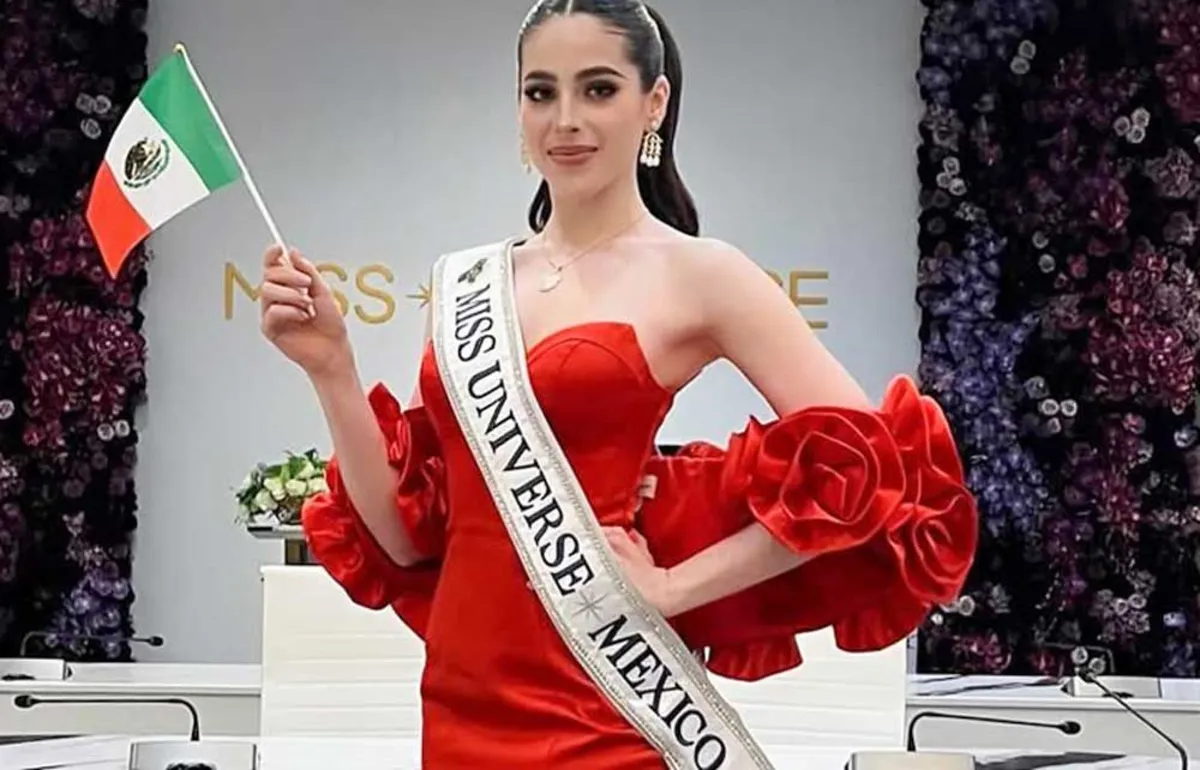
Miss Universe Mexico, Fátima Bosch, has made headlines recently with her powerful statements regarding representation and empowerment. In a compelling TikTok clip, which was translated by USA Today, Bosch declared, “I'm not afraid to make my voice heard. It's here stronger than ever, I have a purpose. I have things to say.” These words resonate deeply, especially in light of a controversial incident that unfolded at a recent event leading up to the Miss Universe pageant scheduled for later this month.
The incident, which went viral on social media, occurred during an official gathering of contestants on November 3. A live video streamed on Facebook captured the moment when Nawat Itsaragrisil, the president of Miss Universe for Asia and Oceania, publicly called out the contestants. He expressed frustration over their commitment to the pageant, stating that those who were not fulfilling their obligations—such as participating in videos and maintaining a social media presence—should “show their hand.” In a moment that shocked many, he reportedly referred to them as “dumb.”
During the event, Itsaragrisil specifically addressed Fátima Bosch, who stood up to engage in a dialogue with him. He expressed concern that Bosch was no longer responding to the Miss Universe Mexico delegation and was instead aligning with pageant officials in Thailand. The situation escalated when Bosch challenged some of his remarks, prompting Itsaragrisil to instruct security to remove her from the meeting. This prompted a notable display of solidarity when reigning Miss Universe, Victoria Kjær Theilvig from Denmark, and other contestants walked out in support of Bosch.
In the aftermath of this incident, Fátima Bosch continued to assert her beliefs. “We're in the 21st century, and I'm not a doll to be made up, styled, and have my clothes changed,” she stated. “I came here to be a voice for all the women and all the girls who fight for causes and to tell my country that I'm completely committed to that.” Her commitment to advocacy and representation has resonated with many, highlighting the importance of women's voices in platforms such as the Miss Universe pageant.
Raúl Rocha Cantú, the president of the Miss Universe organization, condemned Itsaragrisil's behavior, stating that he would not tolerate violations of respect and dignity towards women. His official statement reinforced the values that the Miss Universe organization stands for, emphasizing the need for a safe and respectful environment for all contestants.
In response to the fallout, Nawat Itsaragrisil issued a public apology during a livestream on his social media accounts. He acknowledged the discomfort caused by the incident and expressed regret for any offense taken, stating, “If someone doesn't feel well, if someone feels uncomfortable, if anyone was affected, I apologize to everyone.” He also mentioned that he had spoken to the approximately 75 contestants present in the room to offer his apologies.
The events surrounding Fátima Bosch and her bold stance at the Miss Universe pageant highlight a significant moment in the competition's history. As contestants like Bosch strive to represent their countries and advocate for women's issues, the Miss Universe organization must evolve to ensure that respect and dignity are upheld. This pivotal incident not only emphasizes the importance of individual voices but also signals a shift towards greater accountability within beauty pageants.